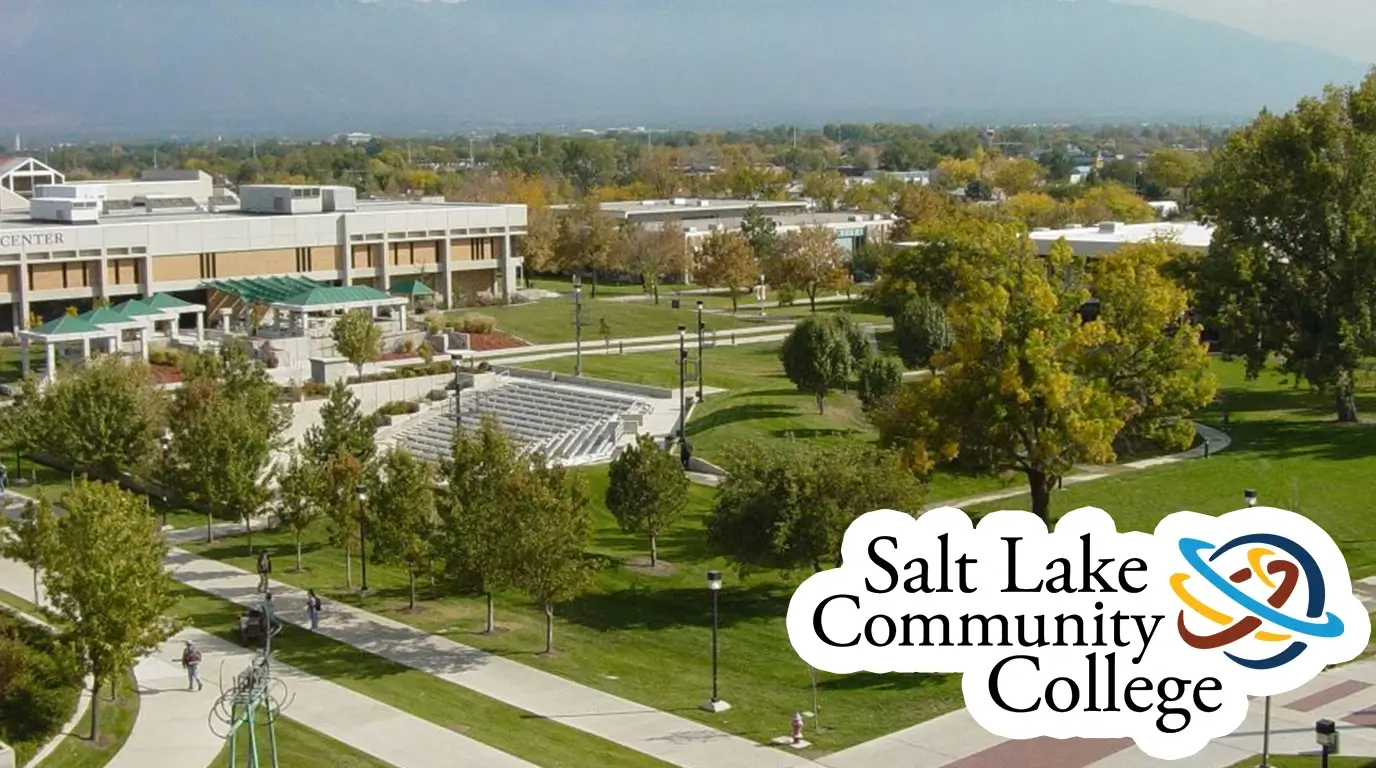Becoming a Paralegal in Oregon – Your State-Specific Guide
Hey there—did you know Oregon’s paralegal jobs are projected to grow by about 13% over the next decade? That’s what some state labor stats were hinting at a while back, and it’s a solid nudge that becoming a paralegal in Oregon might just be the sweet spot if you’re itching to dive into the legal world without law school’s long haul. I’ve been around this scene—writing about it, tweaking websites to get seen, guiding folks through career twists—and I can tell you, paralegals are the glue in Oregon’s legal offices. So, what’s it take to get there in the Beaver State? That’s what this guide’s here for—Oregon-specific, real talk, no fluff.
Introduction: Why a Paralegal Career in Oregon?
Imagine you’re in a Portland law firm, sifting through case files, or maybe out in Bend drafting something that keeps a lawyer on track. That’s what a paralegal does day in, day out. In Oregon, paralegals are the unsung heroes keeping law firms, government gigs, and even nonprofits humming along. With its mix of urban bustle and rural charm, Oregon’s legal landscape has a vibe all its own—and becoming a paralegal in Oregon means stepping into a role that’s got demand and depth. This guide’s your roadmap, built just for this state, because what flies elsewhere doesn’t always land here.
Paralegal Definition and Regulation in Oregon
Does Oregon Legally Define “Paralegal”?
Oregon doesn’t have a carved-in-stone legal definition for “paralegal” or “legal assistant” in its statutes. But the Oregon State Bar (OSB) keeps it practical—they see a paralegal as someone with the training or experience to handle “substantive legal work” under a lawyer’s supervision. That’s stuff like researching Oregon case law, drafting pleadings, or organizing discovery—tasks a lawyer would do if you weren’t around. It’s not official law, just the working lens here.
Are There Any State Regulations for Paralegals in Oregon?
Nope, no state regs to wrestle with. Oregon doesn’t require a license or certification to work as a paralegal—no hoops to jump through from the government. That said, the OSB’s Rule 5.3 lays down some ground rules: you’re under a lawyer’s wing, and they’re on the hook for keeping it ethical—confidentiality, client boundaries, all that jazz. There’s no state-specific credential, but the setup’s loose enough to let you shine if you bring the goods.
Key Takeaway:
- Oregon’s chill—no formal regs, just attorney oversight and ethical expectations.
Education Requirements and Recommended Programs in Oregon
Are There Specific Educational Requirements in Oregon?
Legally, you don’t need a degree to be a paralegal in Oregon—no state law demands it. You could hustle your way into a job with a high school diploma and some charm if someone’s willing to train you. But let’s be real: most employers here aren’t biting unless you’ve got some formal legal assistant training in Oregon. An Associate’s in paralegal studies is the baseline, and a Bachelor’s or certificate can up your game. Firms in Portland or Salem often nod at ABA-approved programs, though it’s not a dealbreaker everywhere.
Recommended Paralegal Education Programs in Oregon
Oregon’s got some solid spots to get your paralegal education on. Here’s a few I’d point you to:
- Portland Community College (PCC) – ABA-approved Associate of Applied Science in Paralegal Studies. They’ve got flexible schedules—online or in-person—and hands-on stuff like internships. Big in the metro area.
- Lane Community College – Eugene’s got an Associate of Applied Science, not ABA-approved but strong locally. Think legal research, writing, and practical skills.
- Southern Oregon University – Ashland offers a Bachelor’s with a Pre-Law track that paralegals tap into. Not a pure paralegal program, but it’s got heft if you’re aiming higher.
These are your standouts—Oregon’s not overflowing with options, but these hit the mark.
Online Paralegal Programs for Oregon Residents
Out in the sticks or juggling life? Online’s a lifesaver. PCC’s got some virtual courses, and national programs like Rasmussen University or Oregon State University’s e-campus offer paralegal education programs in Oregon that bend to your schedule. It’s perfect for folks in rural spots like Klamath Falls who can’t trek to Portland.
Key Takeaways:
- No mandatory education, but an Associate’s or certificate is your practical start.
- ABA-approved programs like PCC’s give you a leg up.
- Online options make paralegal training in Oregon doable from anywhere.
Paralegal Certification and Credentials in Oregon
Is State-Specific Paralegal Certification Mandatory in Oregon?
Nope, Oregon doesn’t have its own certification, and it’s not required. You can start as a paralegal in Oregon without any official stamp. It’s all voluntary—your call if you want to level up.
Nationally Recognized Certifications Relevant in Oregon
Here’s what’s respected:
- NALA’s Certified Paralegal (CP) – From the National Association of Legal Assistants (NALA), this is the heavy hitter. Pass the exam, and you’re showing Oregon employers you’ve got chops—research, drafting, ethics.
- NFPA’s CORE Registered Paralegal (CRP) – Less common here, but the National Federation of Paralegal Associations’ credential still says you’re solid if you’ve got experience.
Benefits of Certification in Oregon
Why go for it? In Oregon, certification can bump your average paralegal salary by $5K-$10K a year, especially in Portland or Eugene. It’s a trust signal—lawyers see that CP and know you’re not just winging it. Plus, in a market with growing law firm jobs in Oregon, it’s a ladder to better roles.
Key Takeaways:
- No state certs required, but NALA’s CP or NFPA’s CRP can set you apart.
- Certification boosts your cred and paycheck in Oregon’s legal scene.
Paralegal Associations in Oregon
State-Level Paralegal Associations in Oregon
Networking’s key, and Oregon’s got some groups worth joining:
- Oregon Paralegal Association (OPA) – Statewide, with events, CLE credits, and a job board. Big player.
- Willamette Valley Legal Assistants (WVLA) – Covers Salem to Eugene, mixing socials and education.
Benefits of Joining a Paralegal Association in Oregon
These aren’t just clubs—they’re career fuel. Think workshops, job leads, and chats with folks who’ve been there. I’ve seen people snag law firm jobs in Oregon just from a beer at an OPA event. They also tie into continuing legal education (CLE), keeping you sharp in a state that values know-how.
Key Takeaway:
- Oregon’s paralegal associations like OPA and WVLA are your networking lifeline—get in on it.
Job Market Outlook and Salary for Paralegals in Oregon
Current Job Market for Paralegals in Oregon
The job market for paralegals in Oregon is buzzing. Portland’s got big firms like Stoel Rives and Perkins Coie, while Salem’s heavy on state government roles. Bend and Eugene mix corporate and small-town gigs—there’s variety here if you’re ready to hustle.
Average Paralegal Salary in Oregon
What’s the pay? The Bureau of Labor Statistics had Oregon’s median at $63,050 in 2022 (check out more on paralegal salaries here). Entry-level’s around $45K, but with experience or a specialty—like environmental law—you could hit $80K in Portland. Rural areas like Coos Bay pay less, naturally.
Job Growth Projections for Paralegals in Oregon
Oregon’s Employment Department pegged the paralegal career outlook at 13% growth through 2027—about 650 openings a year with replacements. It’s above the national 4.2%, and the trend’s holding as firms lean on paralegals to keep costs in check.
Key Takeaways:
- Oregon’s job market is lively—Portland, Salem, and beyond.
- Average paralegal salary in Oregon ranges $45K-$80K, tied to experience and spot.
- Growth’s strong—13% means steady demand ahead.
Key Takeaways: Steps to Becoming a Paralegal in Oregon
Ready to dive in? Here’s your plan:
- Research paralegal education programs in Oregon—start with PCC or Lane.
- Pick your path: Associate’s, Bachelor’s, or certificate if you’ve got a degree.
- Go for ABA-approved programs like PCC’s if you can.
- Explore certs like NALA’s CP or NFPA’s CRP.
- Join Oregon paralegal associations—OPA’s a must.
- Start hunting—target Oregon’s legal hubs like Portland or Salem.




